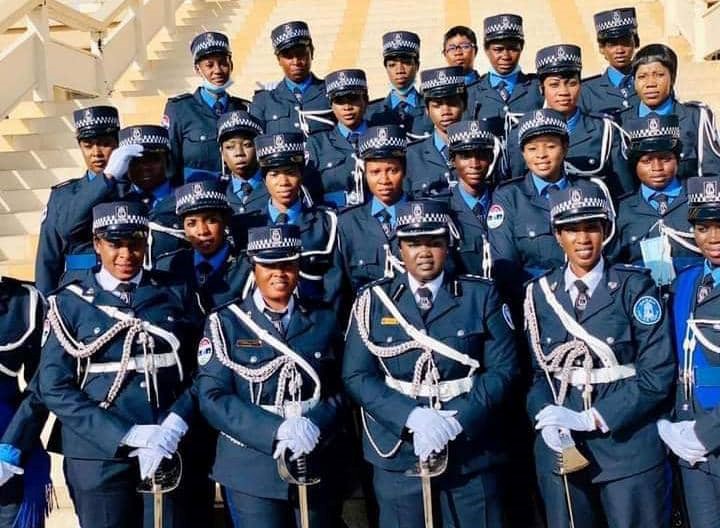By Mama A. Touray
In its mandate to promote and protect the human rights of all in The Gambia, the National Human Rights Commission (NHRC) on Monday validated the 2023 State of Human Rights Report.
The report was prepared in accordance with Section 33(2) (a) and (b) of the NHRC Act 2017 as amended, which requires the NHRC to submit to the National Assembly an annual report, detailing the state of human rights in The Gambia and what appropriate measures should be implemented by the State to ensure the effective promotion, protection and realization of human rights.
The report covers wide thematic human rights issues that occurred in 2023, which includesthe fatal shooting of two police officers at the Sukuta Traffic Lights in September 2023, the gruesome murder of a 17-year-old in Barra and their impact on the right to life and integrity of the person.
NHRC’s 2023 report has for the first timeprovided a synopsis of corruption and its impact on human rights and fundamental freedoms in The Gambia.
The report highlights the re-occurrence of actsof torture and related inhumane treatment meted out to people by state agents and private individuals. The arrests of social media influencers and human rights activists are highlighted as well as the case of a Nema-Su resident who tied up and maltreated his niece. It further examined the continued abuse by state agents of their powers of arrest and detention of suspects beyond the 72-hourconstitutional limit.
In the area of access to justice, the report recognizes the efforts of the Judiciary in developing a five-year Strategic Plan to guide its work and the dispensation of justice in the country.
The report highlighted some of the challenges that continue to hinder access to justice, especially for women, the poor, people in rural communities, and other marginalized groups.
The NHRC 2023 State of Human Rights report also covers the developments in the health sector since the Acute Kidney Infection (AKI) incidents and urges the State to implement the recommendations of the Presidential Task Force on the subject.
Mental health and the dire status of mental health patients in The Gambia have also been discussed and the State has been urged to implement the decision of the African Commission on Human and Peoples’ Rights in the case of Purohit and Moore V The Gambia.
The report highlights that despite the enactment of the Persons with Disabilities Act 2021, persons with disabilities continue to face challenges in the enjoyment and protection of their rights, including stigmatization, discrimination, exclusion in governance, and restricted access to social services and employment.
It further flags the high cost of living, inflation, and environmental degradation as challenges to the enjoyment of Economic Social, and Cultural Rights (ESCR) in The Gambia.
The commission called on all State actors and businesses to respect and utilize the UN Guiding Principles on Business and Human Rights, tackle illegal and over-fishing in The Gambian waters, and regulate the fisheries sector.
The report revealed that in 2023, 71 human rights violation complaints were received by the NHRC out of which 45 cases were investigated, and appropriate remedial actions recommended whilst 26 cases are currently at various stages of the complaint handling proce





